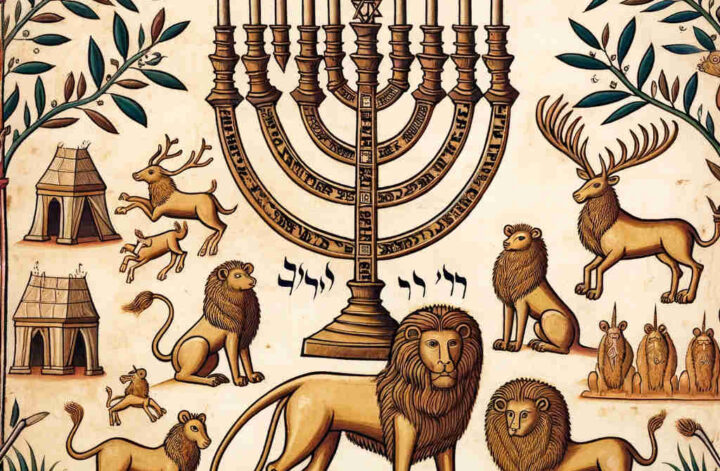Email from Johnathan Morales:
Dear Rabbi Joshua,
I recently came across a quote from the Talmud, Baba Kamma 37b, stating, “The Gentiles are outside the protection of the law and God has ‘exposed their money to Israel.'” This statement has deeply troubled me. Is this really what the Talmud teaches? I would greatly appreciate your insight on this matter.
Sincerely,
Johnathan Morales
Dear Johnathan Morales,
Thank you for reaching out with your concern. The passage you refer to from Baba Kamma 37b is indeed a part of the Talmud, but it requires a nuanced understanding within its historical and legal context. Let us explore this together.
The Context of Talmudic Teachings
The Talmud, a central text in Jewish tradition, is a compilation of rabbinical discussions concerning Jewish law (Halacha), ethics, philosophy, customs, and history. It’s important to remember that the Talmud was written in a different era, under very different circumstances than today’s world. The discussions in the Talmud often reflect the specific socio-political context of that time, particularly the experiences of the Jewish community under Roman rule and later in Babylonian exile.
Interpreting Baba Kamma 37b
Baba Kamma 37b discusses various aspects of property law and liability. The phrase you mentioned about “Gentiles” and “their money” is part of a larger legal discussion about property rights and responsibilities under Jewish law. It’s crucial to understand that such statements were not intended as universal moral directives, but as specific legal rulings within a particular context.
In the time of the Talmud, Jewish communities often faced persecution and were subject to different legal systems than their non-Jewish neighbors. This particular passage reflects the complexities of navigating these systems and safeguarding the welfare of the Jewish community under these conditions.
The Evolution of Jewish Law
It’s essential to understand that Jewish law is not static. Over centuries, rabbinic authorities have continuously interpreted and reinterpreted texts like the Talmud to align with changing times and moral understandings. This dynamic process, known as ‘Halachic process’, ensures that Jewish law remains relevant and ethically sound.
In contemporary Jewish thought, the principles of justice, respect, and ethical treatment are paramount and apply to all human beings, regardless of their faith or background. The spirit of Torah and Talmudic law emphasizes the inherent dignity and worth of every person, as stated in Genesis 1:27, “בְּצֶלֶם אֱלֹהִים בָּרָא אֹתוֹ” – “God created man in His own image.”
Conclusion
Johnathan, it’s important when encountering such texts to seek guidance from knowledgeable sources who can provide the necessary historical and legal context. The Talmud, like any ancient text, must be approached with an understanding of its time and setting, as well as its evolving interpretation throughout history. Your concern reflects a thoughtful and moral approach to learning, which is very much in the spirit of Jewish study and ethics.
Should you have further questions or require more in-depth discussion, please feel free to reach out again. Your journey of learning and understanding is commendable, and I am here to support you in it.
Shalom and blessings,
Rabbi Joshua


